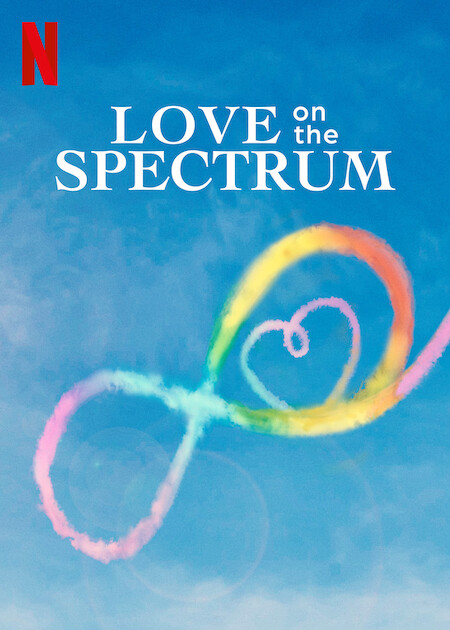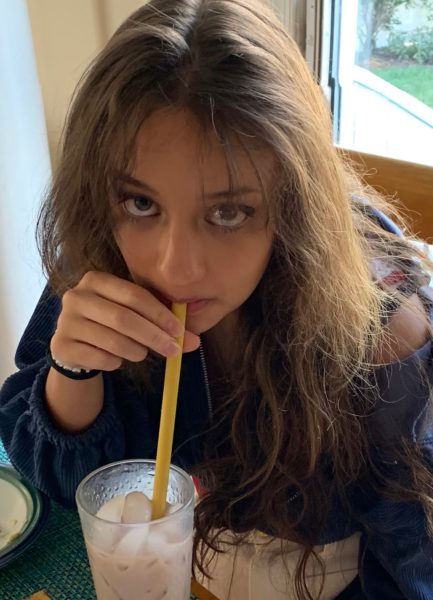The sophomore season of Netflix’s Emmy-winning reality series “Love on the Spectrum” aired earlier this year on Jan. 19. The show, now with seven new episodes in this new season, follows people on the autism spectrum as they explore the dating world.
The show’s co-creators, Cian O’Clery and Karina Holden aim to present myriad voices within the autism community. O’Clery and Holden hope to normalize the idea that neurodivergent adults are deserving of love just like any of the neurotypical people often seen on “The Bachelor”.
“For us, [representation] was the most important thing, so that people don’t make assumptions about someone just because of a diagnosis.” O’Clery said in an interview with Tudum. “ “We wanted to see a [wide] breadth of people.”
Early watchers of the show commented on the series’s ability to cultivate genuine empathy among its audience, piquing interest in the realities of life on the spectrum.
“It was comical [and] joyous,” journalist April Ryan said in an interview with Digital Spy. “It’s a world of difference, and I think it gives neurotypical individuals a window of opportunity, demonstrating that we’re not ‘unfeeling’, ‘robotic’, and all the other terms I heard on the dating scene.”
While many viewers support this representation of character, others feel uneasy about the way each character is portrayed. In particular, President of nonprofit organization RespectAbility, Ariel Simms worries that viewers will see the series as patronizing or belittling.
“Are we featuring disabled individuals because we think people will think they’re cute and funny, or going back to that trope of charity or pity?” Simms said in an interview with Rolling Stone. “Or, on the other side, is it about them being inspirational? I think motivations are really important in storytelling.”
Many of these skeptical viewers fear that the show presents a very narrow, stereotypical image of how people with autism behave. They are concerned that the interpretation of “Love on the Spectrum” is more at the expense of neurodivergent people rather than in their support.
“There is this positioning of the autistic people [on the show] as very cute, they’re very sweet,” University of Wollongong professor Sandra Thom-Jones said in an interview with Rolling Stone. “It’s like, ‘[Wow,] look at these unusual people.’”
Some critics are worried about how the show will be received by such a large audience, but other viewers feel the existence of bold representation on a large platform like Netflix is a huge step in the right direction.
“I think [representation at this level] is good,” special education teacher Mrs. Dundas said. “I think a lot of people don’t realize the capabilities and abilities of our students, so seeing them in settings that aren’t necessarily seen as ‘the norm’ is good. I think overall, representation like this in the media is going to be what helps.”




